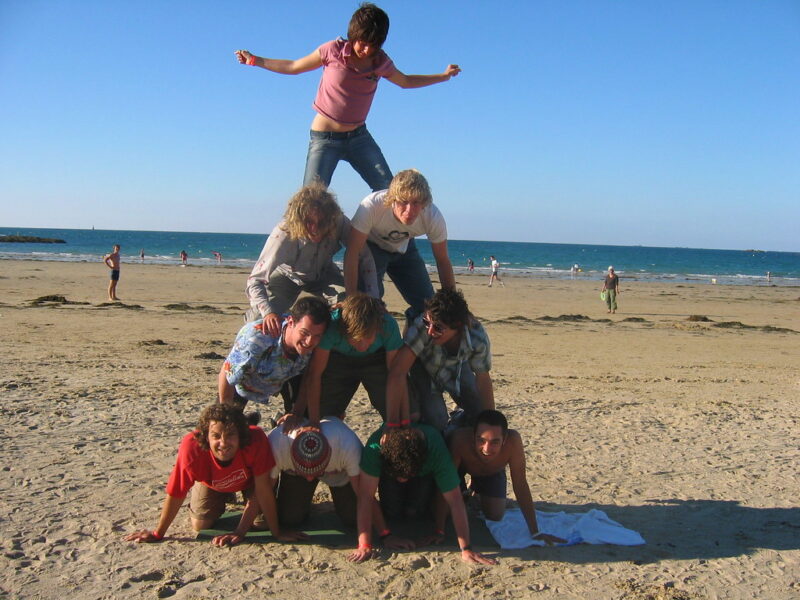If you’re looking for inspiration, here are a few websites which can help you out.
Reflections & teachings
Life Teen: https://lifeteen.com/blog/ https://www.youtube.com/user/LifeTeenInc
Life Teen focuses on bringing Jesus to young people. Their website and YouTube chanel have plenty of insightful blogs and vlogs. They upload regularly and so you can always find content related to the times.
Ascension Presents: https://media.ascensionpress.com/
https://www.youtube.com/channel/UCVdGX3N-WIJ5nUvklBTNhAw
Ascension Presents produce a wide range of formative videos, mostly short and concise, which explian different parts of Catholicism. There a various speakers – couples, priests, friars and nuns – and have very enaging content.
Focus: https://focusoncampus.org/find-a-study https://www.youtube.com/user/FOCUSNational/videos
Focus is an American mission with college students. Their website includes Bible studies, blog posts & testimonies. They also have an app which is packed with resources and a YouTube chanel with plenty of talks and reflections.
Catholic Youth Work: http://catholicyouthwork.com/
This website is a pool of resources from different organisations in the UK. It includes resource packs, articles, presentations & videos.
Word on Fire: https://www.youtube.com/user/wordonfirevideo https://www.wordonfire.org/
Word on Fire’s content is a little more advanced – they offer a series of videos, articles and lectures by Bishop Robert Barron. Worth checking out if you need personal inspiration or formation.
Focusing on Scripture/Church Documents
The Bible Project: https://bibleproject.com/ https://www.youtube.com/user/jointhebibleproject
BibleProject is an animation studio that produces fully animated Bible videos, podcasts, and Bible resources to help people experience the story of the Bible. They are not a Catholic studio but they also no not take the stance of a specific tradition or denomination.
Synod Fruits/Christus Vivit: https://www.synodfruits.org.uk/resources
Synod Fruits is project, headed by a group of young people, which hopes to unpack some of the richness of the Synod documents as well as Christus Vivit. Their website has some resources including study guides to Christus Vivit and the Final Synod Document and accomapiment booklets.
Jesuit Refugee Service: https://www.jrschange.org/i-am-a-teacher/
CHANGE aims to encourage students to think critically on the subject of refugees and migration, to distinguish facts from opinions and to recognise prejudices and stereotypes.
Resources for Children:
Here are 2 websites worth mentioning if you work with children or you know anyone who might find them useful:
https://www.bekidsmalta.com/
https://www.youversion.com/the-bible-app-for-kids/











